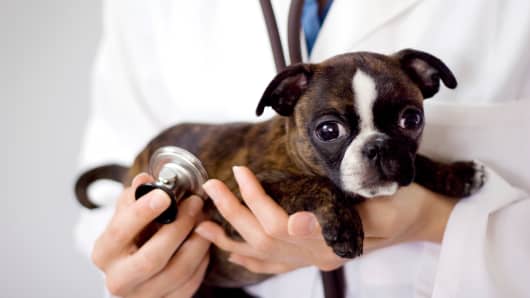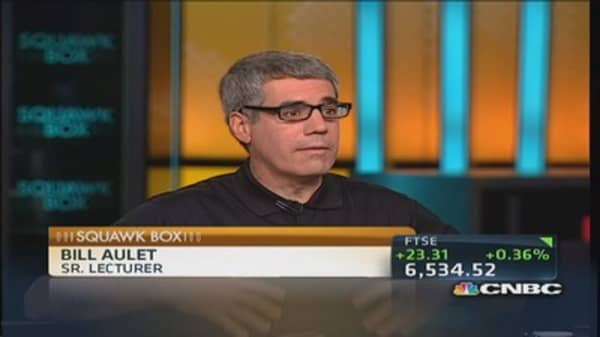While roughly 45 million Americans struggle to access medical care, turns out many pets can access high-end medical treatments such as kidney transplants or acupuncture—thanks to the growing availability of pet insurance. Even Wal-Mart has dipped its toe in pet health insurance, albeit in Canada.
Forget wrangling about Obamacare. Turns out Fido and Whiskers may be getting better care than humans.
The U.S. pet products sector—which encompasses everything from pet accessories to luxury in-flight veterinary care—has created a $55 billion industry, according to the American Pet Products Association. People's love for their pets has also created the need for more complex medical procedures—a growing demand pet insurers hope to fill.
People are buying pet insurance as they're treating their pets like family members, according to Veterinary Pet Insurance (VPI), the oldest and the largest pet insurance provider in the U.S.
Founded in 1982, VPI has cornered more than 50 percent of the market. During the past 20 years, for example, dogs have moved from the backyard into the living room into the bedroom, said Adam Fell, a VPI spokesman.
"Basically, anything that somebody can do to a human, a veterinarian can do to your pet," Fell said. "But with that comes the increase in cost."
(Read more: Sick pet? Don't fret! Jet there with your vet)






